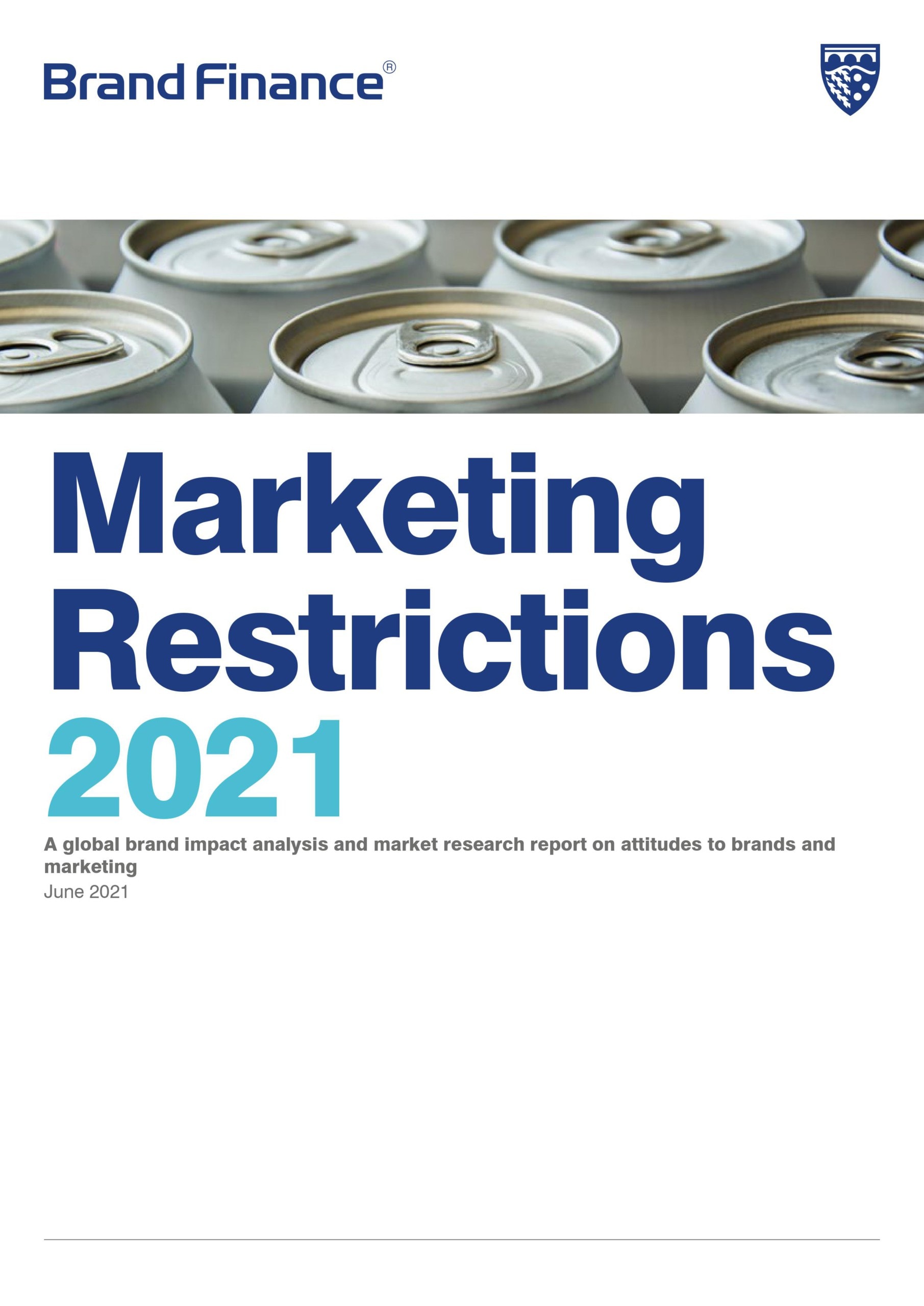Interview with Frazer Thompson

CEO, Chapel Down
In your opinion, what positive social role can brands play?
Brands provide a valuable service to consumers. There is a basic reason that most consumers prefer the reassurance of branded products because they can understand the promise at its most simple level. It has to deliver, or it isn't a brand.
Brands can also prick social conscience, they have a role in being able to shift people's perceptions about industries and may even have a role in terms of shifting perceptions about society. Active brands with depth can change the way people behave. At my company, we want to change the way people think about English wines forever. Businesses and brands need a bigger purpose than to simply to make money. Making money is no longer the sole reason shareholders will invest in your business.
Is there a role for further restrictions on the sale and marketing of alcoholic beverages?
There needs to be some restraint. On the other hand, there has to be latitude to tell people there are small luxuries in life - and alcohol is one of them - and that alcohol in moderation is no bad thing. On the other hand, the active encouragement of potentially irresponsible consumption is plainly wrong. In France, of course, there is a ban on alcohol advertising, so we have an idea about what the impact of such restrictions would be elsewhere. Increasingly, the world is now connected. You can't just ban advertising in France and expect people not to know what a bottle of Heineken is all about. There are other ways of regulating alcohol that can be done and that are done. In my opinion, tax is the correct route. I would rather see restrictions placed on us by the central government on the price that we are able to charge, rather than on the way in which we communicate. So, the UK government and most Nordic governments use tax so that there is a proportionate benefit for something that is that seen to cause societal issues. It also makes premium products relatively better value! I'd be very concerned about further restrictions on free speech, rather than economic policing which is the privilege of government. Brands have a responsibility to ensure that we do not miscommunicate or abuse the privilege that we've been given.
What are some of the negative consequences of marketing restrictions?
Well, an interesting example is the Loi Evin, which effectively prohibits alcohol advertising in France. It makes it harder to launch, for example, other wine brands in France, so aids protectionism and stifles innovation. In the UK, you’ve seen the genesis of a whole new wine region over the last few decades, which would not have been possible without the ability to market the product.

